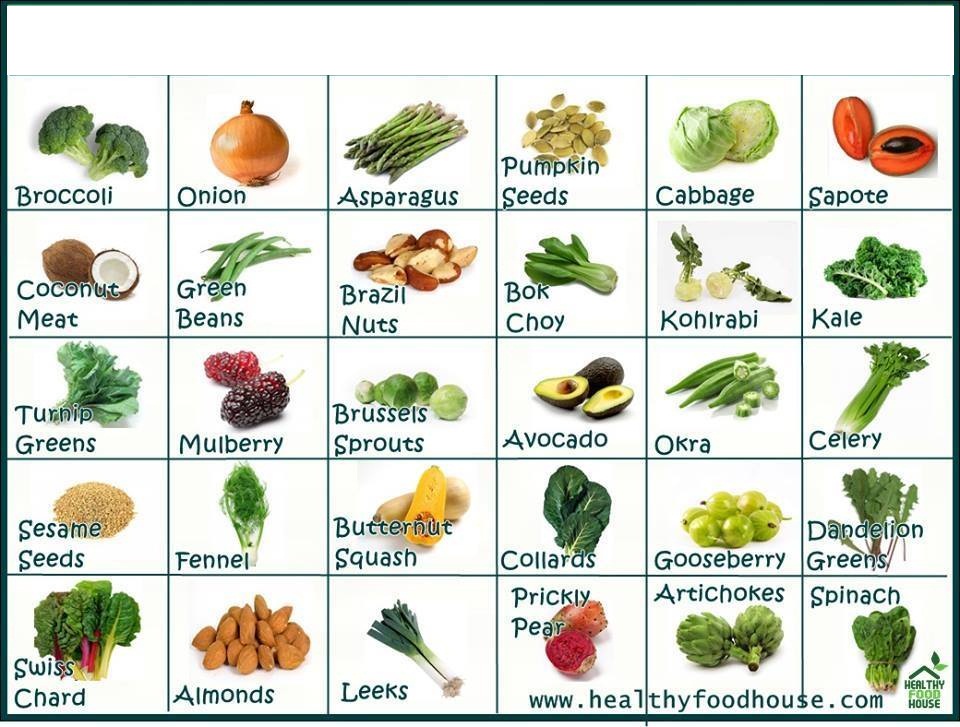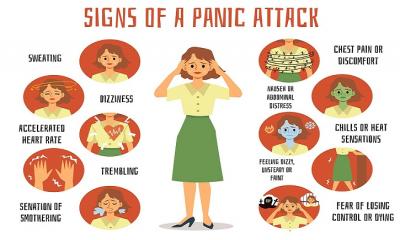
Foods That Help Fight Depression
- Womenscorner Desk
- June 23, 2020
Whatever your dietary preferences, there are a variety of options that can provide mood-boosting benefits. This isn't to say that you need to overhaul your eating habits and only consume these foods, but being conscious of which foods impact your mood can help you better manage symptoms of depression.
Fish : Wild-caught fish, especially the more oily types such as salmon, mackerel, trout, sardines, and tuna (not canned), are great choices to help fight depression.
Why? Because they are rich sources of omega-3 fats. Omega-3 fats help to build connections between brain cells as well as build and strengthen the receptor sites for neurotransmitters. So, an increase in omega-3s in your diet can help lead to increased serotonin production and improvement of mood. What's more, researchers analyzed 26 previously published studies (involving more than 150,000 participants) that examined the link between fish consumption and the risk of depression. The study, which was published in the Journal of Epidemiology and Community Health, found that people who consumed the most fish were less likely to experience symptoms of depression.1 The findings proved that even more clinical trials are needed to explore the role of omega-3 fatty acids in depression and mental health.
Nuts : Although other nuts such as cashews, brazil nuts, and hazelnuts are helpful in supplementing omega-3 fats, walnuts seem to be the winner in this category. Walnuts are known to support overall brain health, being one of the highest plant-based sources of omega-3 and a great source of protein to help keep blood sugar levels at a healthy balance. One study found that depression scores were 26% lower among those who consumed about one-quarter cup of walnuts per day. Researchers examined data from the National Health and Nutrition Examination Survey, which draws from a large sampling of more than 26,000 American adults. They found that adults who ate nuts, and specifically walnuts, were more likely to have higher levels of optimism, energy, hope, concentration, and a greater interest in activities.
Beans : Beans are a great source of protein and fiber, both of which help to maintain stable and consistent blood sugar levels. In addition to helping minimize the blood sugar spikes and dips that can affect our mood, beans are also great sources of folate. Folate is a B vitamin that helps the body use vitamin B12 and amino acids, helping to detox cells and create new cells. Garbanzo beans (also known as chickpeas) are very high in folate, offering over 100% of the daily recommended value in just a half-cup. Pinto beans are another great choice, with a half-cup serving offering 37% of the daily recommended value of folate.
Seeds : Flaxseed and chia seeds are wonderful additions to your diet if you struggle with depression. As with some of the other foods mentioned, these two types of seeds are particularly great sources of omega-3 fats. Just one tablespoon of chia seeds provides approximately 61% of your daily recommended amount of omega-3 and one tablespoon of flaxseed provides roughly 39% of the daily recommendation.3 As you can see, these two seeds pack a powerful punch if you are looking for small ways to improve your diet and your mood. Pumpkin and squash seeds are a great addition to increase tryptophan. Try ptophan is an essential amino acid that produces niacin and
helps create serotonin.4 Although turkey is what most people tend to think of in relation to tryptophan, there are many other food sources that offer greater amounts of this essential amino acid. Pumpkin and squash seeds near the top of the list, with just one ounce providing approximately 58% of the recommended daily intake of tryptophan.
Poultry : Chicken and turkey are both great sources of lean protein that can help to stabilize blood sugar levels, keeping your mood well-balanced during the day. In addition to being trusted sources of lean protein, turkey and chicken breasts are known to provide high amounts of tryptophan. Again, this is beneficial because it helps create serotonin, which assists us in maintaining healthy sleep and a balanced mood. Just 3 ounces of roasted chicken breast offers 123% of the recommended daily intake of tryptophan. Many of us already eat chicken breast regularly but incorporating more lean protein such as turkey and chicken during your week can help you increase your intake of tryptophan.
Vegetables : Yes, you need to eat your veggies! Although this is important for everyone, eating vegetables can be of great help if you struggle with depression. One reason is that people with depression have been found to have a lower dietary intake of folate compared to those without depression.5 Folate, fiber, and other nutrients make vegetables especially the darker leafy greens a wonderful choice when looking for foods to help improve and stabilize mood. Leafy green vegetables are also good sources of alpha-linolenic acid (ALA). ALA is one of the three main types of omega-3 fatty acids, the other two being DHA and EPA. When considering vegetables to help increase your omega-3s, the powerful players tend to be Brussels sprouts, spinach, kale, and watercress.
Probiotics : More and more research is linking good gut health with good mental health.6 Several studies have found that microorganisms living in your gut, including probiotics, can play a key role in mood by helping to reduce inflammation in your body, produce feel-good neurotransmitters, and affect your stress response. This might explain why a higher-than-average number of people with irritable bowel syndrome also develop depression as well as anxiety.
Foods that contain probiotics include:
- Yogurt
- Tempeh
- Miso
- Tofu
- Sauerkraut
- Kimchi
- Kombucha
- Whole Foods
Generally speaking, it's best to allow your body the freedom to digest foods as close to their natural state as possible. Many of the processed foods or things you might find at a convenience store are filled with preservatives and offer little to no nutritional benefit. Your body is trying to make sense of what to do with such food, and it can significantly interrupt or rob your body (and mind) of key nutrients and energy it needs to function at its best.





